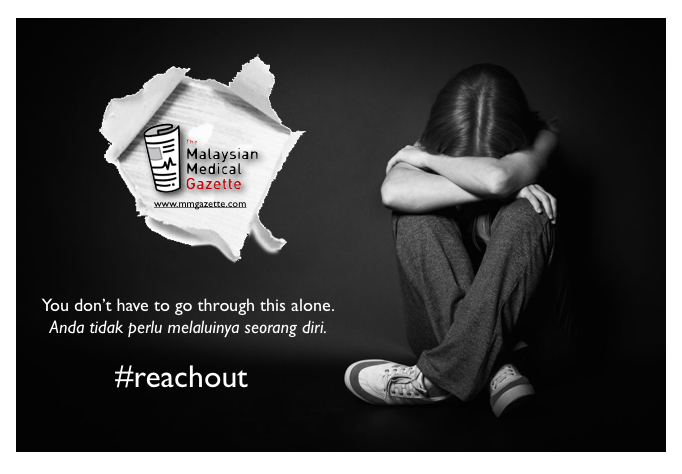
Intelligent. Smart. Insightful. High achievers. Perspicacious. Can do-it-all.
The ones that you can almost always rely on for advice. For help, encouragement, inspiration. For support. The ones that you expect to succeed. To triumph. To win, do wonders and go the distance.
The people we expect miracles from, for hope. The last bastion of the living come what may.
It doesn’t sound possible. Nor human. But that is what is expected of doctors and the medical students.
Those expectations, misplaced and warranted or not, can sometimes – well, kill.
A study published in the February 2009 issue of Academic Medicine found that 13.6 percent of medical students exhibited probable signs of major depression with 6.6 percent of them with suicidal ideation. Suicide, unsurprisingly therefore is the second most common cause of death after accidents among medical students.
And if you think its just about the stress, you are wrong. The Journal of the American Medical Association (JAMA), in a landmark study published in September 2010 uncovered a whole range of psychological vulnerabilities among doctors. Self-criticism, pessimism, self-doubt and the refusal to seek help are but to name a few. These traits according to the paper predisposes doctors to depression, if not self-harm.
And if that isn’t enough, public perception matters. The same paper found that 56 percent of depressed students feel that they would lose the respect of their colleagues if their depression became public.
So, they keep it in.
Ironic, isn’t it, that the people who have helped so many and given up so much for fellow mankind are the ones that actually need serious help. The same people that have been trained so well to be self-sufficient, independent and told that they were the good traits of a doctor.
A trait that leads to their suffering and demise.
It reminds me of the tale of Chiron, a centaur in Greek mythology who was renowned for his skills as a healer. Chiron was wounded by a poisoned arrow, but his immortal status sustained him despite the incurable wound. He was therefore condemned to spend eternity roaming the earth in agonising pain.
Still a gift to mankind as he was able to heal everyone, but himself.
On that note, we need to keep reminding our colleagues that we too are human.
It’s okay to cry. To break. To fall. To ask for help. To be ourselves and not trapped by the mainstream dogma — which is living with the outcome of other people’s thinking and expectation.
Because if there is a disease that we need to eradicate and focus on among the medical fraternity, today, its the indifference we have to our mental health and sanity.
Our oath to “do no harm,” should start with us as doctors. If we can’t save and help ourselves, no one can.
Dr Kamal Amzan
http://www.ncbi.nlm.nih.gov/pubmed/20841531
http://www.ncbi.nlm.nih.gov/pubmed/5043521
http://www.ncbi.nlm.nih.gov/pubmed/19174678
Dr Kamal Amzan is passionate about Clinical Governance and Quality as the main pillars governing patient’s health and safety. A regular columnist with The Malay Mail he can be reached via @drkamalamzan on Twitter and facebook.com/drkamalamzan
[This article belongs to The Malaysian Medical Gazette. Any republication (online or offline) without written permission from The Malaysian Medical Gazette is prohibited.]
